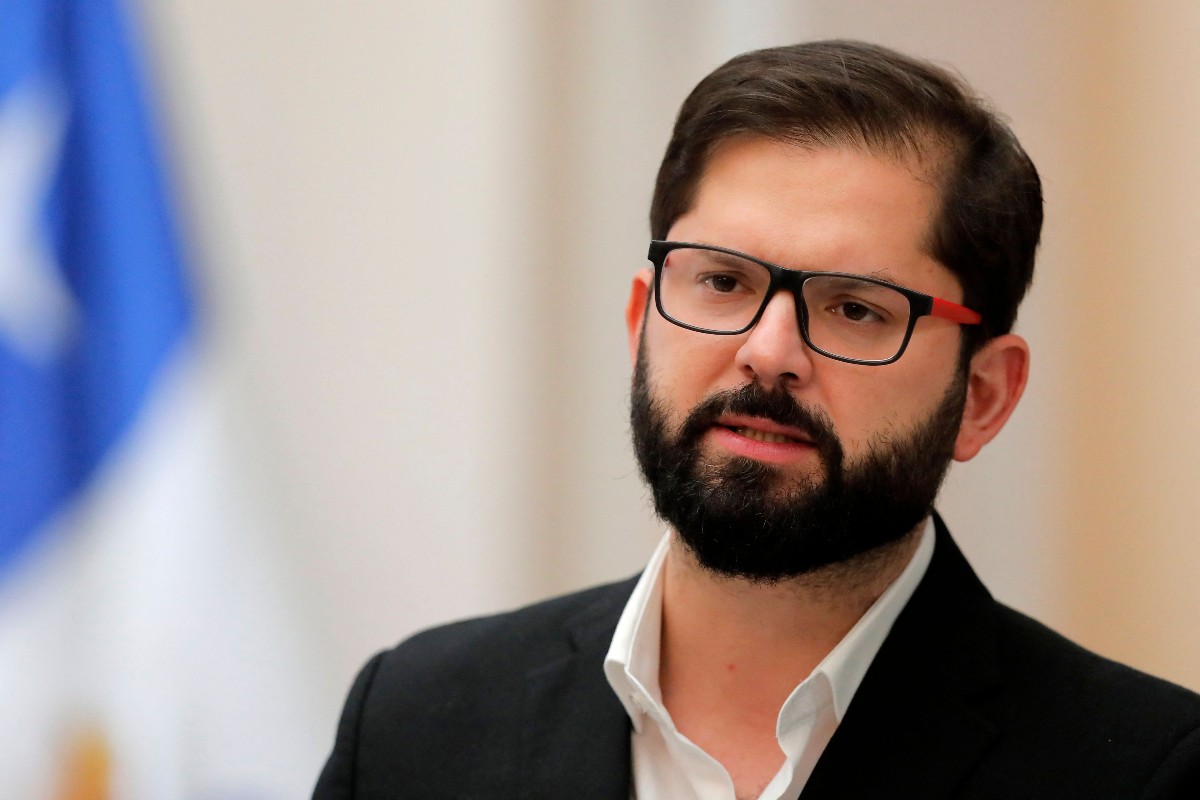(CNN Spanish) --
The president of Chile, Gabriel Boric, celebrated this Thursday the ruling of the International Court of Justice in The Hague on the demand that his country made to Bolivia regarding the course of the Silala river, which established that its channel It is of an international nature, so Chile has the right to its equitable and reasonable use, without having to pay any compensation to Bolivia.
"The ruling that the International Court of The Hague has delivered today has been categorical. Chile went to the Court for legal certainty, and obtained it. First, it confirms that the Silala river is an international watercourse and whose use in its entirety is governed by customary international law.In this context, I believe it is necessary to highlight that our country raised its claim for recognition of 100 years of practice regarding the joint, reasonable and equitable use of Silala, already in 2016, before the questioning by Bolivia of Chile's right to benefit from this international watercourse," said the president from the Palacio de La Moneda.
Boric warns truckers about the strike in Chile: "We are going to apply all the force of the law"
“During the judicial process, Bolivia gradually recognized the Chilean positions and accepted them.
He recognized that the Silala river water system is an international watercourse, and that both Chile and Bolivia have the right to equitable and reasonable use of its waters.
Thus, our claim is confirmed, whose objective was to achieve legal certainty about the character of the Silala river in the future and settle a dispute between neighboring states," added Boric.
“It is recognized that the use that Chile has historically made and the one that it is currently making of the Silala waters is in accordance with the equitable and reasonable use established by international law.
And thirdly, it establishes that Chile does not owe any compensation to Bolivia for the use it has made of the waters of the Silala river”, he added.
Boric insisted that "it is confirmed that there is a duty of cooperation regarding the use of water, in the event of possible significant damage."
advertising
“Our country can be calm with the sentence of the Court.
We have obtained the legal certainty that we sought, and the disputed issues have been definitively resolved under international law, in accordance with Chile's claims," Boric said, stressing that "our country's will is from now on continue working with the sister Republic of Bolivia, having resolved this matter, in a spirit of good neighborliness, collaboration and integration, on all issues that require cooperation between both States”.
Chile and Bolivia work for the "normalization" of bilateral relations
For his part, Luis Arce, president of Bolivia, reacted to the ruling through his twitter account.
"Bolivia resolved the controversy with a sister nation thanks to work based on scientific studies and our international relations strategy."
From The Hague, the Bolivian Minister of Foreign Affairs, Rogelio Mayta, together with the group of lawyers, described the ruling as positive.
Aymara indigenous people walk next to the Silala springs in southwestern Bolivia, 4 km from the border with Chile, on March 29, 2016. (Photo credit should be AIZAR RALDES/AFP via Getty Images)
The Silala River had been a source of controversy between the two countries since 2016, when Chile sued Bolivia before the International Court in The Hague.
According to the then Chilean Foreign Minister, Heraldo Muñoz, Bolivia claimed that the river's body of water was not transboundary and that, because of that, only Bolivia could use its waters.
The Chilean Foreign Ministry assured at that time that "multiple and serious efforts were made to resolve the difference amicably" and that they had been "frustrated by Bolivia's insistence on denying Chile's rights."
Bolivia Gabriel Boric The Hague

